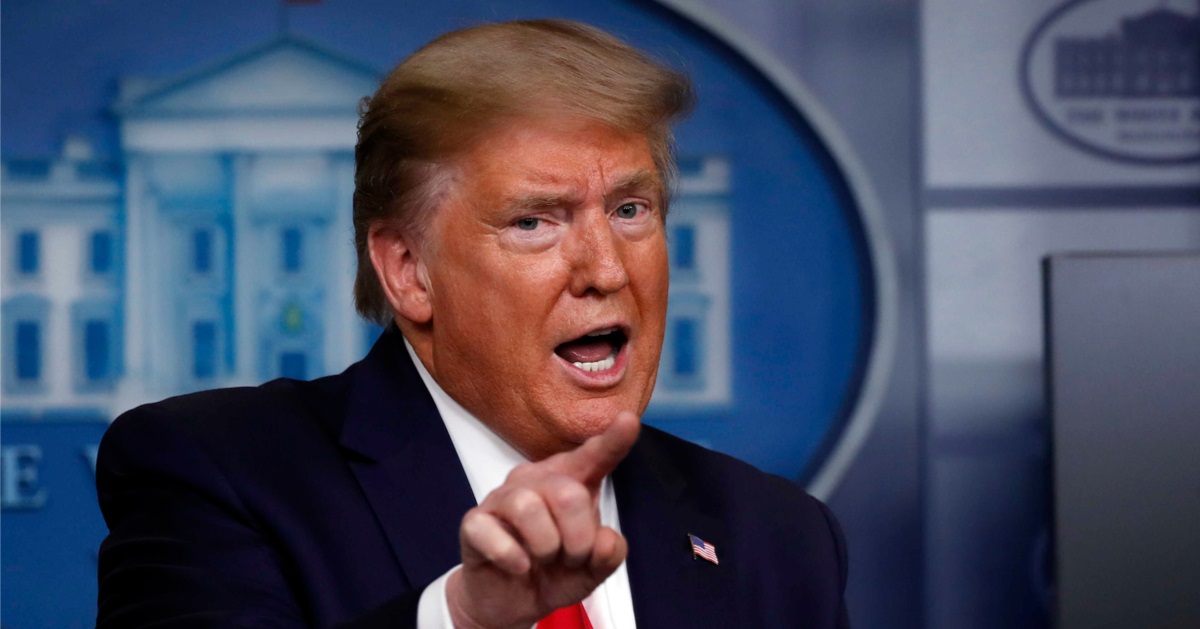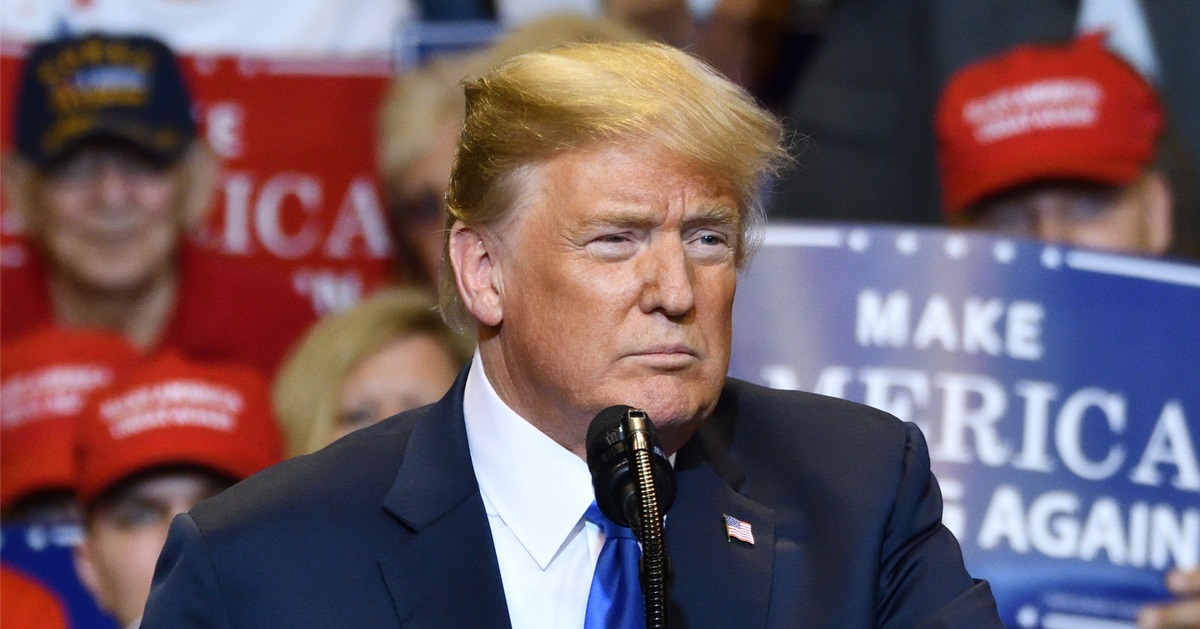J.D. Vance Confronts Booers At Firefighters Meet By Sharing His Evolution On Trump
J.D. Vance, the Republican vice presidential nominee, faced a potent mix of boos and cheers during his recent address to firefighters in Boston.
In an event marked by political divisions, Senator Vance left a union audience speechless when he challenged their preconceived notions on his views on Trump.
Addressing the International Association of Firefighters on Thursday, Vance encountered a polarized response from the crowd as he took the stage. His speech, coming in a critical campaign year, aimed to sway traditionally Democratic-leaning union members during a politically charged season.
Vance's pitch
The Ohio Senator took the moment to acknowledge the difference in opinions among the attendees concerning President Donald Trump. He stated, "Sounds like we've got some fans and some haters – that's OK," encouraging the audience to listen to his viewpoints.
Vance also shared his personal trajectory from a Trump skeptic to a supporter, crediting a firefighter friend from Dayton, Ohio, for changing his views. "I know, this is a diverse union, some of you love President Trump and some of you clearly don't. I've heard from both sides just given this little speech," he remarked.
Why Vance changed his mind on Trump
Vance humorously noted, "Now this may come as a shock to you, but once upon a time, I wasn't a Trump guy either. And trust me the president never lets me forget it." He elaborated that his change of heart was mainly influenced by a close ally in the firefighting community, which led to his endorsement of Trump and eventually running as his vice president.
The senator's candid explanation aimed to connect with the union members, many of whom face similar internal debates within their rank-and-file over political allegiances.
Comparison to previous union administration
Diving deeper into issues directly affecting the audience, Vance discussed broader economic themes, such as the declining union membership and stagnant wages relative to inflation. He posed a critical question to the audience, echoing a soundbite famously used by Trump in his 2016 campaign, "What the hell do you have to lose?" This statement reflected Vance's appeal to the union workers to consider the Republican stance as potentially beneficial for their economic interests.
The day before Vance's speech, Minnesota Governor Tim Walz, his Democratic counterpart, had addressed the same crowd, which added to the backdrop of competing political narratives. This sequence of events highlighted the ongoing struggle within labor unions, traditionally Democratic strongholds, in navigating the current political landscape.
The "most pro-worker Republican ticket"
Emphasizing his alignment with labor issues, Vance claimed that he and Trump represent "the most pro-worker Republican ticket in history." As the union membership deliberates their political endorsements in the upcoming 2024 presidential race, such statements play a crucial role in swaying member opinions.
In a notable shift illustrating the fluidity of union political endorsements, Teamsters president Sean O'Brien, representing a union traditionally backing Democratic candidates, spoke at the Republican National Convention. This was seen as a significant political move, given that the Teamsters, with over 1.3 million members, have not yet endorsed a candidate for the next presidential election.
Union's role in the upcoming election
The firefighters' conference in Boston thus served as a microcosm of the larger political dynamics at play, where voices like Vance's seek to bridge traditional divides. By highlighting his journey from a Trump skeptic to a supporter, Vance aimed to resonate with workers facing similar dilemmas.
As the political season heats up, the decisions of unions like the Teamsters and the responses from their members will significantly shape the political landscape, especially in pivotal states.
Senator Vance's campaign efforts at the firefighters' conference underlined the ongoing realignment within American political and labor spheres, as staunchly held alliances are questioned and reevaluated against the backdrop of contemporary economic and political challenges.



